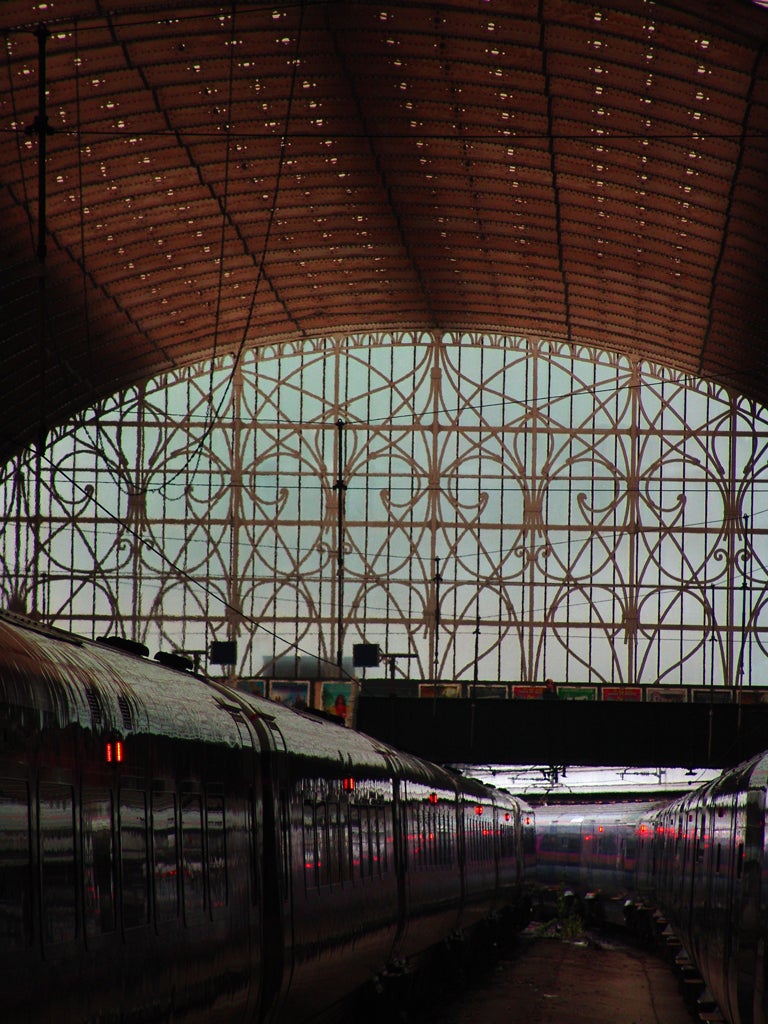Hunt on for Britain's ghost trains that stop nowhere useful

Could there be anything less ghostly than the scene at London's Paddington station on this bright December morning? Yet waiting for me on Platform 14, in one of the darkest, dankest, greasiest, most inaccessible corners of the station, is one of the spookiest trains in Britain, the 11.36am "ghost train" to Gerrards Cross in Buckinghamshire.
This is one of several ethereal services that wend their eerie way around Britain's rail network, almost entirely unknown to the travelling public and running mostly empty, since they operate at deliberately inconvenient times and often offer their passengers no prospect of getting home again.
Yet these zombie services have a very real existence in the minds of the bureaucrats who control Britain's rail system, since they help maintain a fiction that a railway line is still open, when it has effectively been abandoned. For the price of an occasional train service with a clapped out diesel, or in some cases even a bus, the train operators are able to duck the long and costly consultation, accompanied by inevitable howls of public protest, that the law stipulates when a railway line is to be closed. For these reasons the ghost trains are sometimes known as "parliamentary trains".
In this Alice in Wonderland world it is especially desirable if the staff refuse to sell you a ticket. "You're at the wrong station, mate," the man in the booking office tells me, when I try to buy a one-way ticket. When I argue, he raises his eyebrows wearily and takes a long swig from a mug of tea. It's only when I refuse to budge – and after some consultation of dusty ring-binders – that a ticket is finally produced.
"The whole situation is completely crazy," says Barry Doe, of Rail magazine, Britain's foremost timetable expert. So why don't the authorities simply put these sad railway wraiths out of their misery? The problem, Doe says, is that in the old days British Railways was happy to put forward a closure proposal.
But since privatisation, the railways have been controlled and regulated by the Department for Transport, which is a bit too close to government for anyone to dare raising the politically sensitive subject of axeing trains. "We're stuck in a limbo world," says Doe.
Subscribe to Independent Premium to bookmark this article
Want to bookmark your favourite articles and stories to read or reference later? Start your Independent Premium subscription today.

Join our commenting forum
Join thought-provoking conversations, follow other Independent readers and see their replies